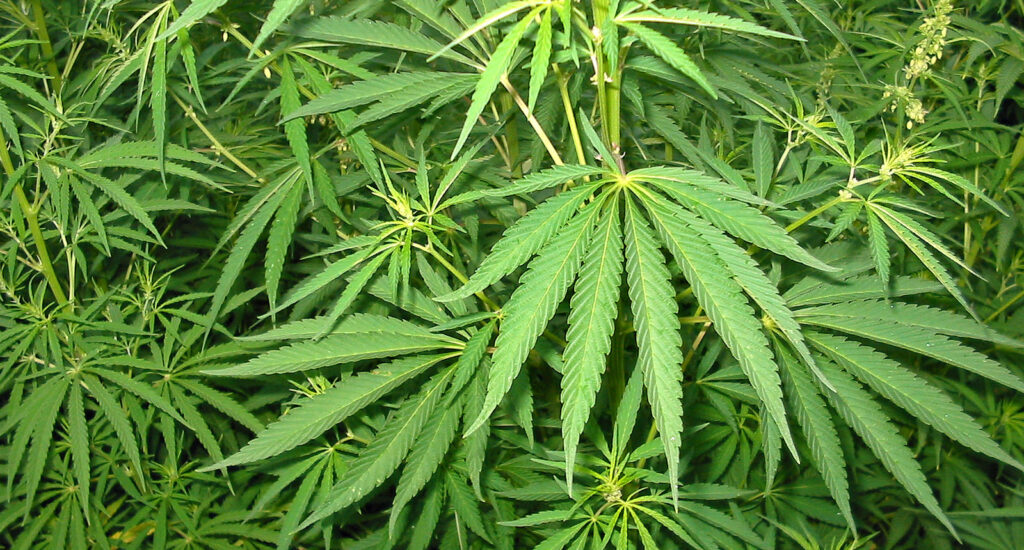The Catholic Bishops of British Columbia and Yukon have weighed in on the issue of legalized marijuana with a pastoral statement that carefully delineates between cannabis used to get high and that used as medicine.
“With recreational use of cannabis now legal in Canada, Catholics are understandably asking themselves some questions,” begins the Nov. 30th letter, released just over a month after marijuana was legalized in Canada.
The statement by the seven bishops from Vancouver to Whitehorse notes that people have different reasons for using cannabis, and while some of those uses are acceptable, others are not.
When dispensed to alleviate pain or control nausea, cannabis is “no different than the use of any other medicine that helps promote health and well-being,” the statement says.
However, the bishops recognize smoking the substance as a “serious health hazard,” and warn that using cannabis to become intoxicated can lead to impairment, loss of good judgment, and immoral choices, which are sinful and contrary to Catholic moral teaching.
“As the Catechism of the Catholic Church explains: ‘The use of drugs inflicts very grave damage on human health and life. Their use, except on strictly therapeutic grounds, is morally wrong’ (n. 2291). Those who knowingly engage in this behaviour should discuss this with a priest in Confession.”
The bishops add that some research points to ill effects on the brains of marijuana users under 25 years old. People using cannabis to experience a “high” that helps them escape psychological hardship are urged to instead seek out professional medical and therapeutic help.
“If someone you love is abusing drugs – cannabis, alcohol, or other substances – then that person should be assisted in getting help,” they write. “Our prayer is that God, who showed compassionate love in the person of Jesus Christ, may assist each of us in our healing journey.”
The letter is signed by Archbishop J. Michael Miller of Vancouver, as well as Bishops Gary Gordon of Victoria, Stephen Jensen of Prince George, Greg Bittman of Nelson, Joseph Nguyen of Kamloops, Hector Vila of Whitehorse, and Ken Nowakowski of the Ukrainian Catholic Eparchy of New Westminster.
Its tone contrasts with the statement released by the Canadian Conference of Catholic Bishops in June, which called Canada’s move to legalize recreational marijuana disappointing and disastrous.
“It is lamentable that the federal government has decided to facilitate the provision and use of an addictive substance that will have disastrous effects for so many people,” they wrote.
They added legal marijuana for recreational use “will not produce a more just and humane society,” as solutions for drug trafficking, dependency, and abuse are instead “found in educational and employment opportunities; community support for the vulnerable; treatment, prevention, and medical services; family support; the curtailment of drug supply; the discouragement of drug use; and the promotion of recovery programs.”
The Canadian bishops question the legalization of marijuana “at a time when so many resources are already being spent to discourage recreational tobacco use,” and while effects of legalization could be “arguably much more dangerous.”
The B.C. and Yukon statement comes on the heels of a new national survey that suggested Canadians have concerns about the law legalizing recreational cannabis. The Angus Reid Institute found three-quarters of survey respondents believe the minimum age to purchase and use cannabis (currently 18) should be raised.
The study also found that while legalization created a big buzz in the news, 35 per cent of Canadians were not pleased or disappointed with the new law, rating it a low priority among other issues facing Canadians.
It also found one-in-four Canadians reported shopping for, purchasing, or using cannabis during the first two weeks of legalization, which took place Oct. 17. It has been legal for medicinal use since 2001.
The Angus Reid Institute conducted the online survey from October 24 to 29 among a representative randomized sample of 1,500 Canadian adults who are members of Angus Reid Forum. The institute stated that a probability sample of this size would carry a margin of error of plus or minus 2.5 percentage points, 19 times out of 20.

